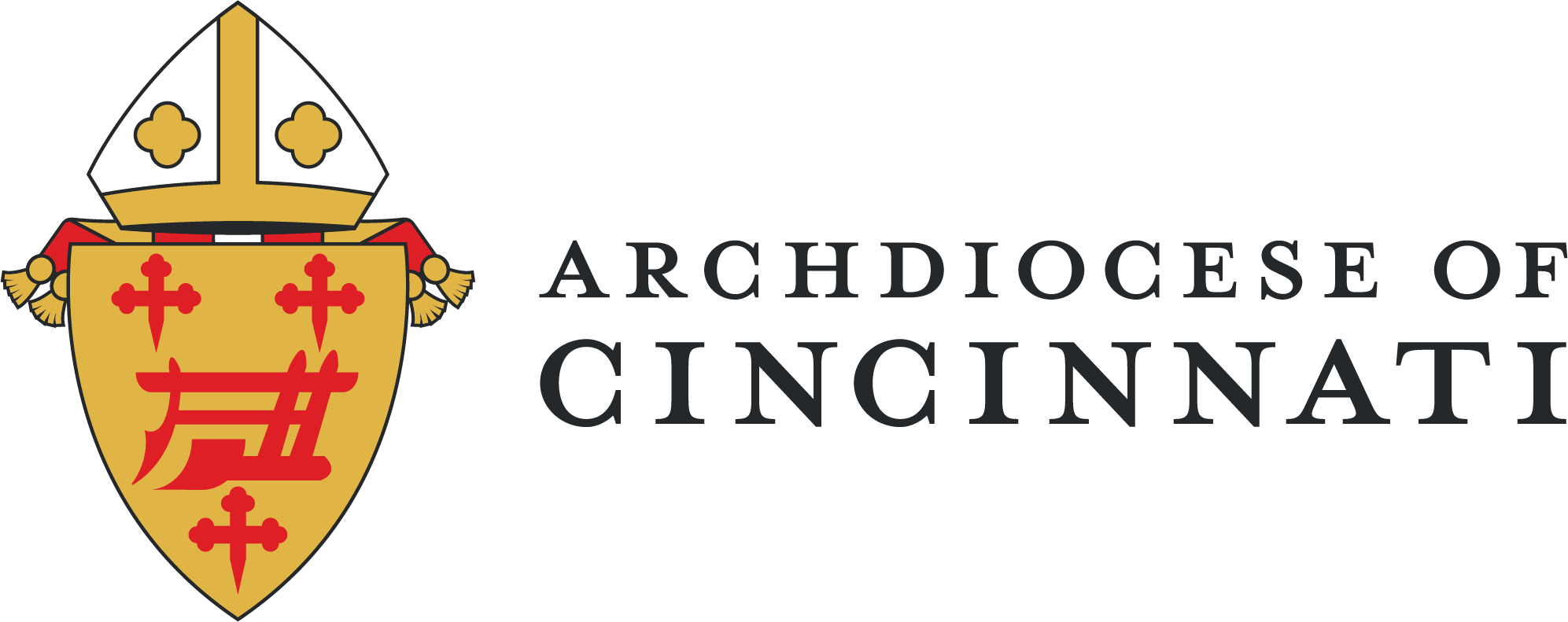Effective Apr 24, 2022 (the Octave Day of Easter), distribution of the Precious Blood may again take place generally at the discretion of the pastor.
The Church teaches that “by reason of sign value, sharing in both Eucharistic species reflects more fully the sacred realities that the Liturgy signifies.” (Norms for the Distribution and Reception of Holy Communion under Both Kinds)
Thus “Holy Communion has a fuller form as a sign when it takes place under both kinds.” (General Instruction of the Roman Missal)
In This Holy and Living Sacrifice, the 2016 archdiocesan policy and formation document on the ministry of Holy Communion, Archbishop Schnurr states:
“To the best of their ability, each parish should offer both species at all Sunday celebrations of the Eucharist, and if possible, at other celebrations of the Eucharist when it can be done with reverence and dignity.”
With questions or concerns, please contact the Office for Divine Worship and Sacraments

